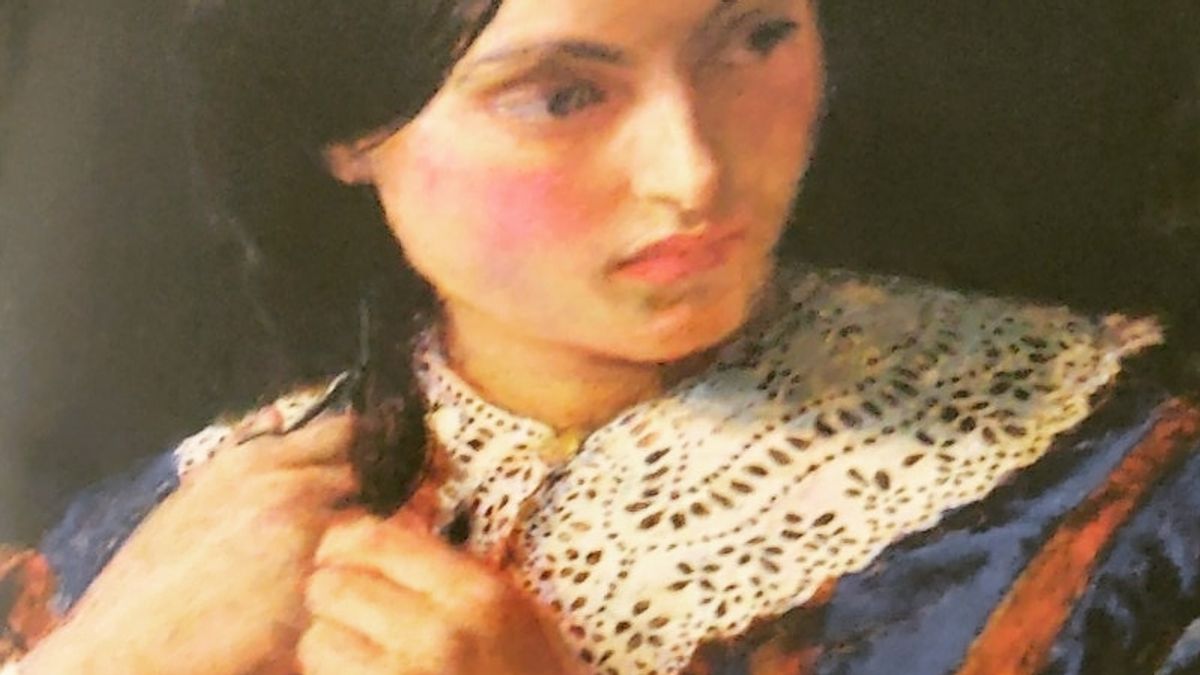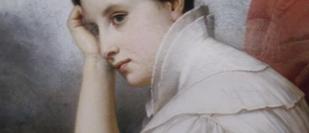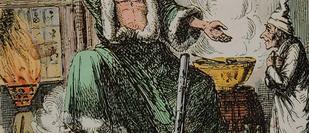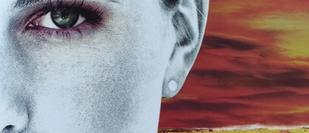
Jane Eyre by Charlotte Bronte
Being from the marvellous county of Yorkshire, we celebrate Yorkshire Day on August 1st. By a happy set of circumstances, I found myself reading this novel by one of Yorkshire's greatest authors, Charlotte Bronte. This is a book I first read (as an abridged version obviously - I wasn't a child genius or anything!) aged 8 years old and absolutely loved it whilst being slightly terrified of Grace Poole and her charge. The novel features at #10 on the BBC Big Read list and deserves to be featured there.
Once lockdown is over for us (we are in the midst of a localised lockdown) then a visit to the Bronte Museum at Haworth is definitely on the cards for a chance to see where the writer lived and wrote.
The novel is about the life of Jane Eyre, starting from her loveless childhood with the cruel Reed family, her education at the cold and spartan Lowood School and her first position as governess at Thornfield Hall where she meets the darkly passionate Mr Rochester.
Written in 1847, this novel is simply marvellous. Jane is an incredible character, strong, determined and focused on living a simple, plain Victorian life. She is a woman who knows her own values and in the face of strong, dominating characters such as Rochester and St John Rivers, chooses not to be swayed from her path. In Victorian Society where women were expected to be compliant, Jane is a breath of fresh air. The Victorian humility is there, but also there is an inherent sense of right and wrong. Jane, (politely) declines offers to be a mistress, or a wife in loveless marriage. But please do not doubt that Jane herself is cold, she has passion! This is witnessed in the relationship between Jane and Edward Rochester, where the conversation sparkles and Jane more than holds her own here.
The novel is also a classic Victorian gothic terrifying read. I remember clearly the hairs on the back of my neck standing up when on the eve of her wedding day, a frightening figure enters Jane's bed chamber and kneels to look her in the face by candlelight. If Jane was to doubt herself and that she was dreaming, worse is to come when the figure rips her wedding veil in half. Even now, I have goosebumps just typing this.
Having seen where Haworth is, it is easy to see why Charlotte Bronte imbued much of her writing with the landscape. This acts as another element to the storytelling, becoming a mirror of deep Victorian feelings. It is beautiful and wild, at times acts as a balm whilst also adding to the harshness of Jane's predicament.
This novel deserves its place in the Top 10 of the BBC's Big Read; the deep passion, the bleak and wild landscapes, the strong female heroine, all from a time when women were not considered 'important' enough to be educated. When I think of 3 sisters in a remote parsonage, forced to publish their outstanding novels under male pseudonyms, it all makes sense. Bold, passionate, modest and wonderful.



